Vox Populi: Zomato Safety Sealed - Tamper-proof versus sustainable
Zomato has introduced an additional layer of packaging in a bid to make its deliveries tamper-proof. WhatPackaging? asks if this move is justified and whether a more efficient and sustainable solution can be envisioned
08 May 2019 | By WhatPackaging? Team
Zomato, the online restaurant guide and food ordering firm, has announced that it has introduced tamper-proof packaging in 10 cities in a bid to add an extra layer of safety for food deliveries.
The initiative called Zomato Safely Sealed comes in two variations to fit different sized boxes. The firm said the versatility of the packaging design allows for efficient utilisation of the space, and the transparent body allows users to check the packaging of the food.
Amar Chhajed, president - labelling business, Huhtamaki-PPL

Tamper-proof packaging is most critical, especially for products of human consumption like food and medicines since it involves the health and safety of individuals. The solution does not necessarily have to be an extra package in the form of a bag etc. In fact, tamper evidence features can be incorporated in the same principal package by adding tamper-evident seals or labels on the pack. Multiple solutions are available in security labelling for all kinds of packages assuring 100% tamper evidence. The secure labels can be customised to individual branding needs and also help in resolving anti-counterfeiting issues.
Deepa Naik, head-packaging development, Hershey India

If we do cradle-to-grave analysis about Zomato’s initiative, it is quite evident we are only adding more plastics in the value chain. One of the efficient ways to reduce the supply of single-use plastics is to use thin walled technology in injection moulding to produce light-weight durable PP products ideally suited for post-consumer use. Such a pack can be provided with tamper evident band and thereby eliminate the use of an additional layer of plastics packaging. Also, there are possibilities of adding tamper-evident lock in thermoforming tray design which will help to eliminate additional safety seals.
Nitin Nair, associate vice president - packaging development, Godrej

If the Zomato delivery man would not have have been caught eating customers' food, an extra layer of safety would not have come. Similarly, if we had not suffered water logging in Mumbai, plastic bags would not have been banned. In both cases, we will end up increasing the amount of plastic put in the environment. But, it’s better to have short-term solutions to public problems than to have no solutions at all. Till the time we can come up with a sustainable solution this may help us to prevent further damages. Every solution cannot be technical; some have to be addressed socially too.
Deepti Kshirsagar, co-founder and chief design strategist, TCT Branding

My big thumbs down to more plastic entering homes with every Zomato order. Food tampering is a concern but brands like Zomato can invest in more innovative ways to address the problem. While awareness for the plastic-free world is slowly increasing, the understanding of plastic use post-handling in both consumers and brands are lacking and this needs to grow. Measures like these will only force the consumers to accept the excess packaging and deal with it, while the big brands like Zomato keep dumping it into the system.


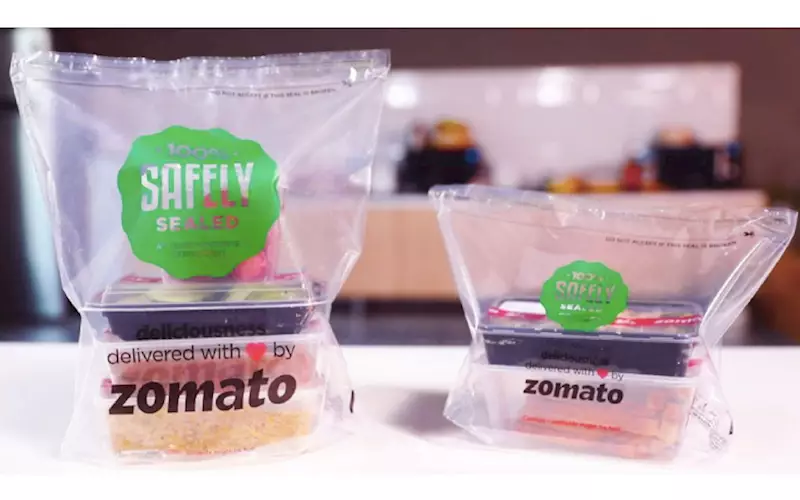
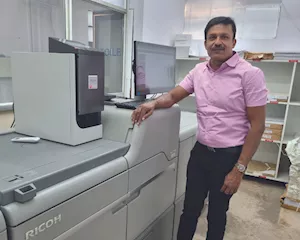
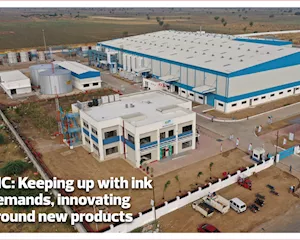
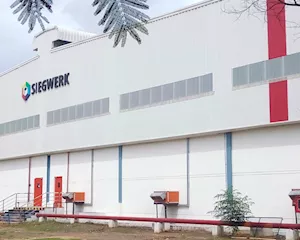

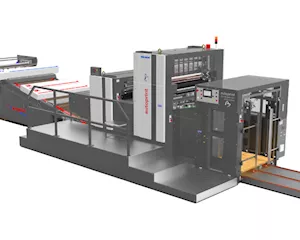






 See All
See All